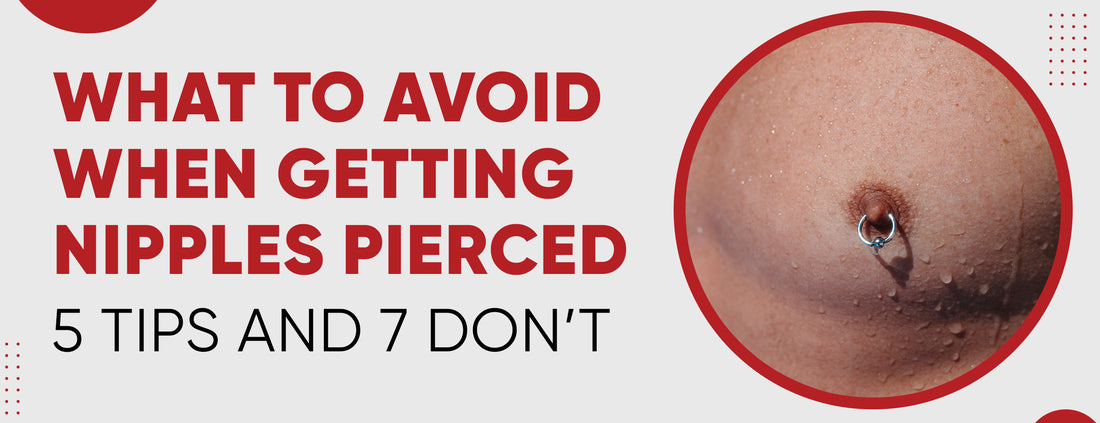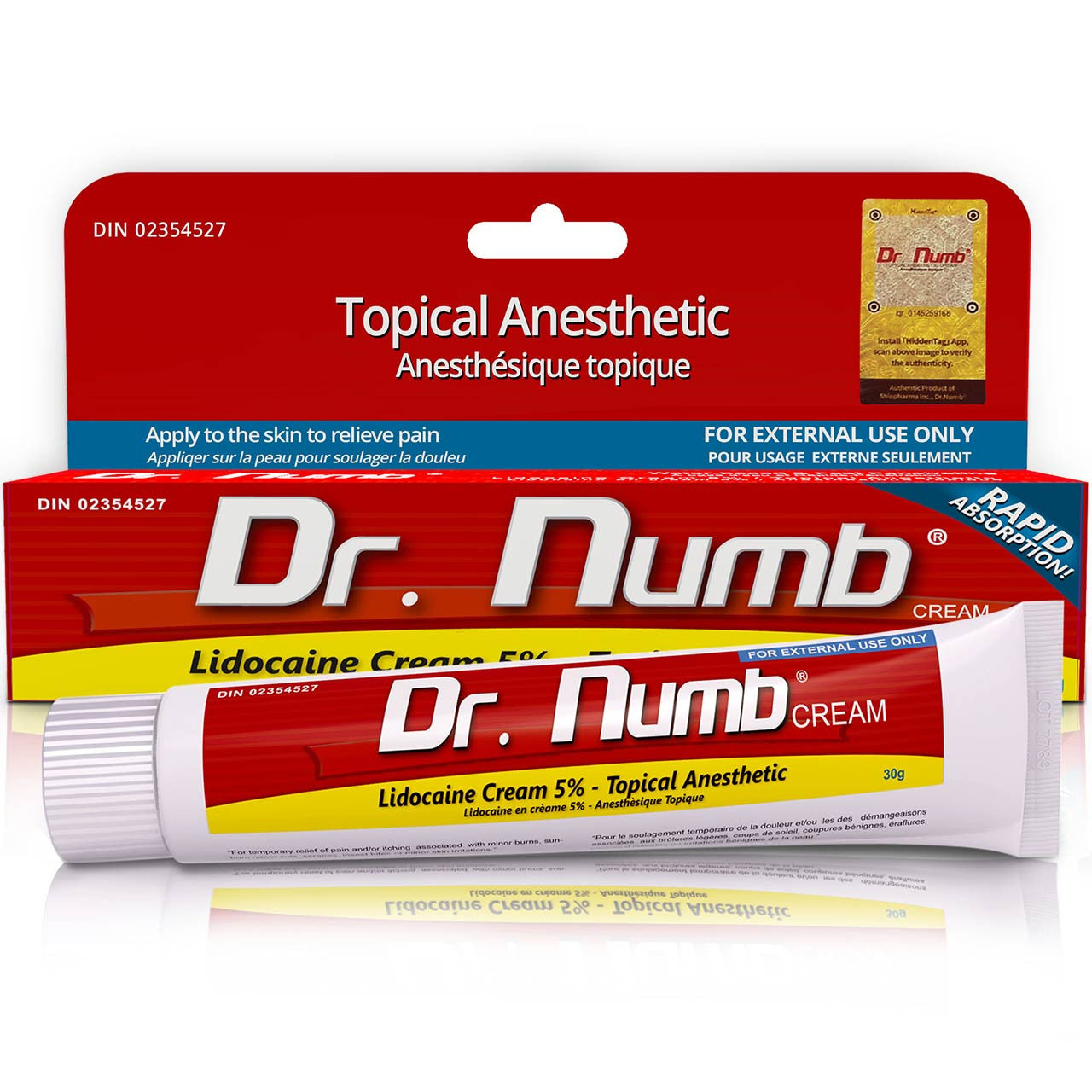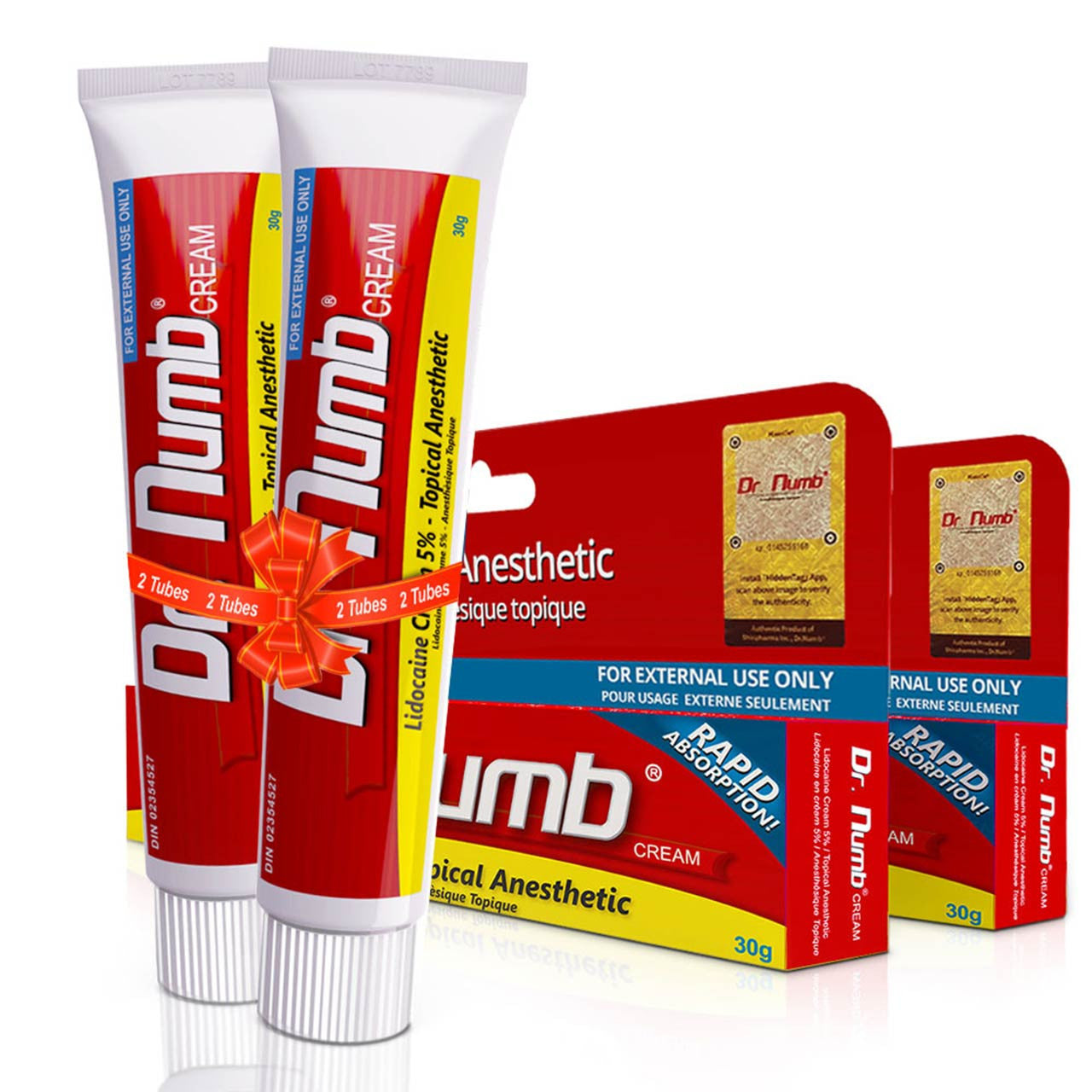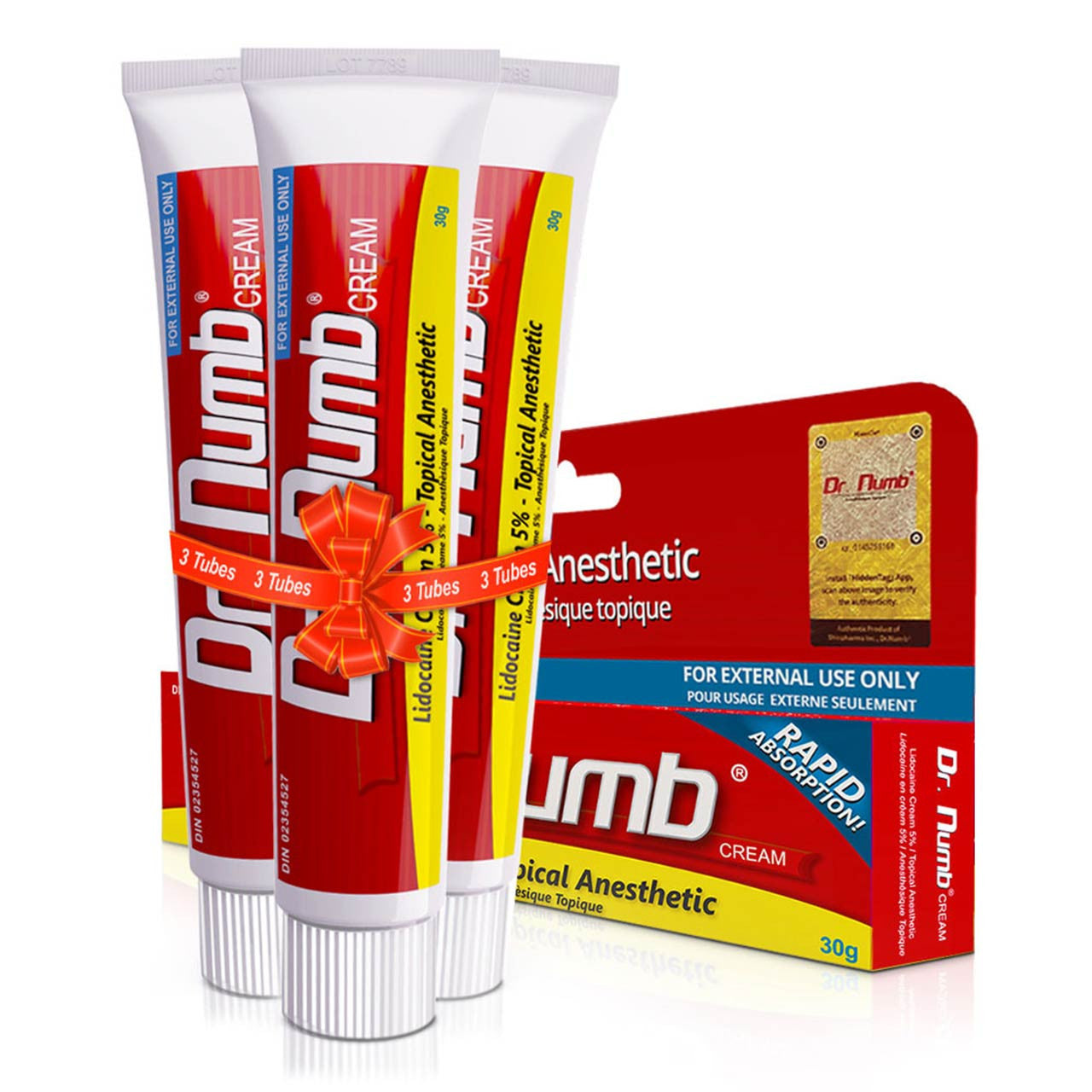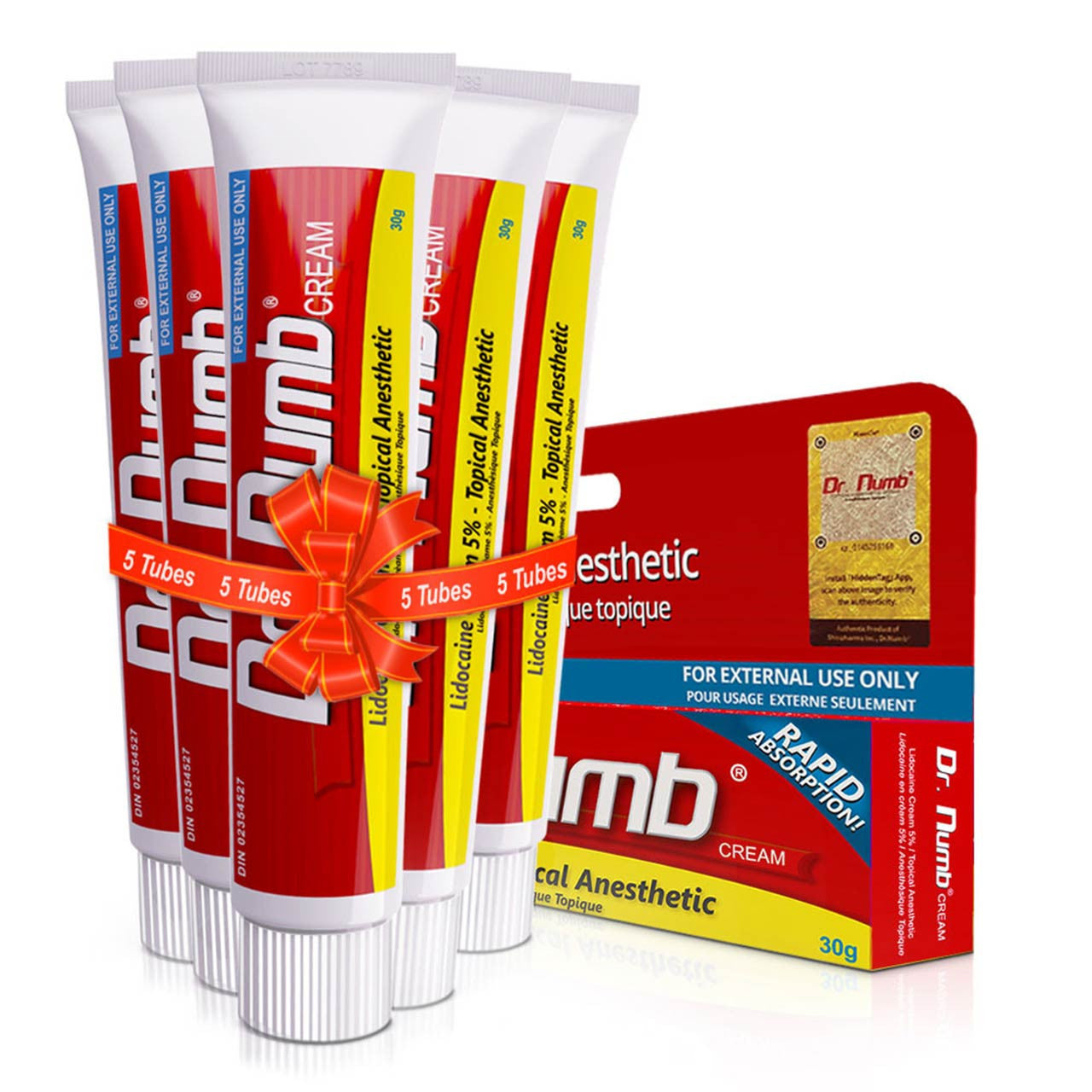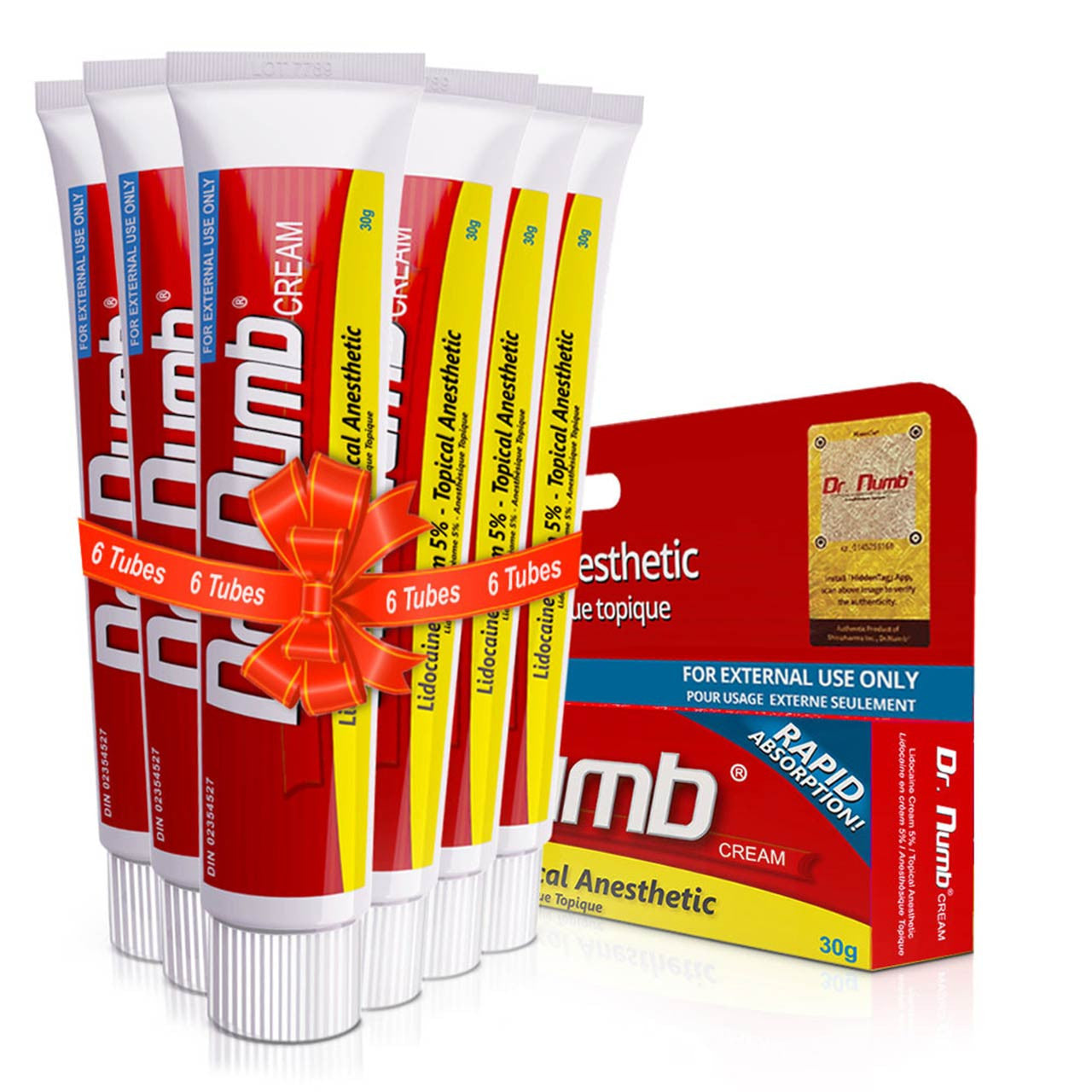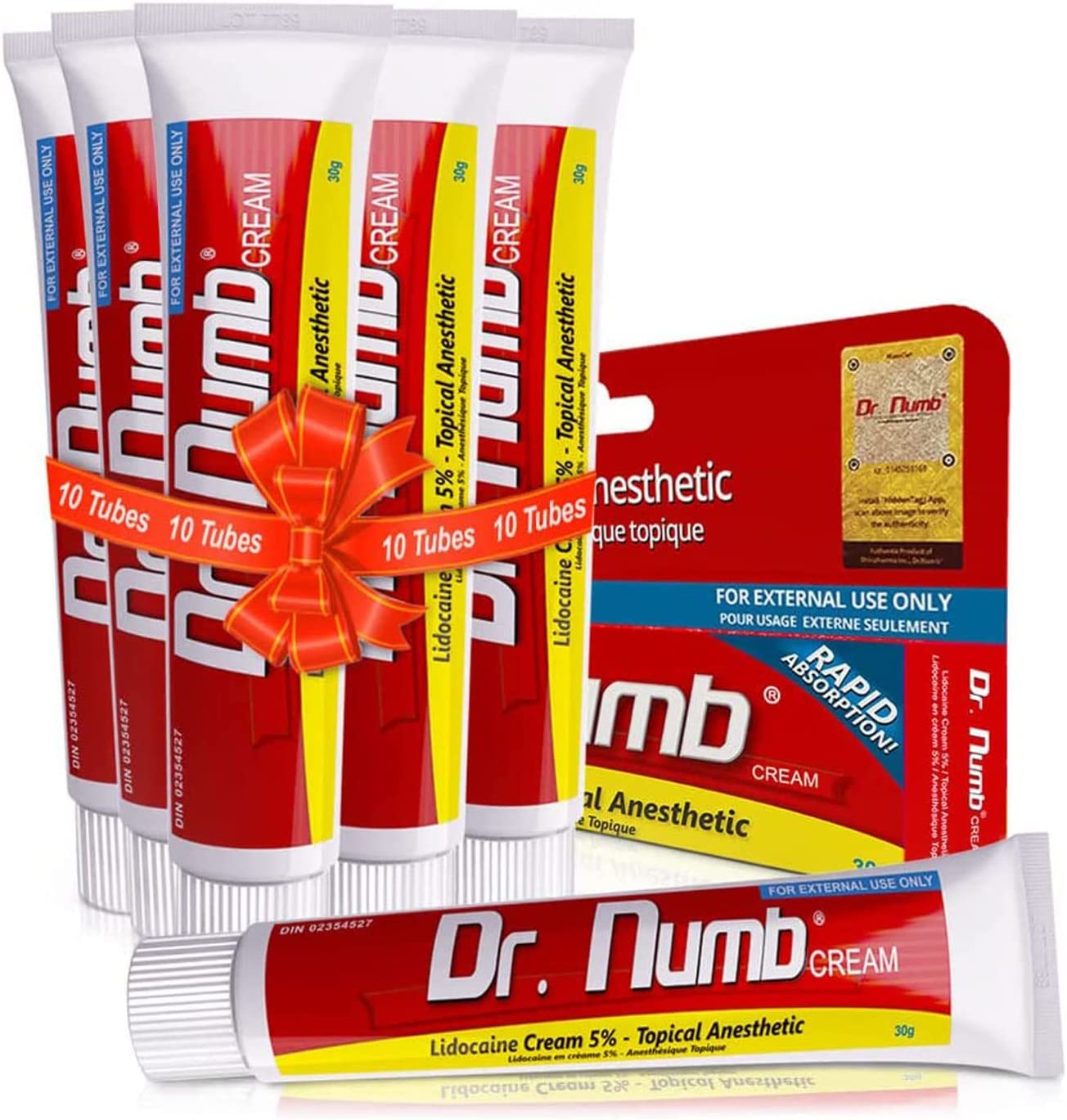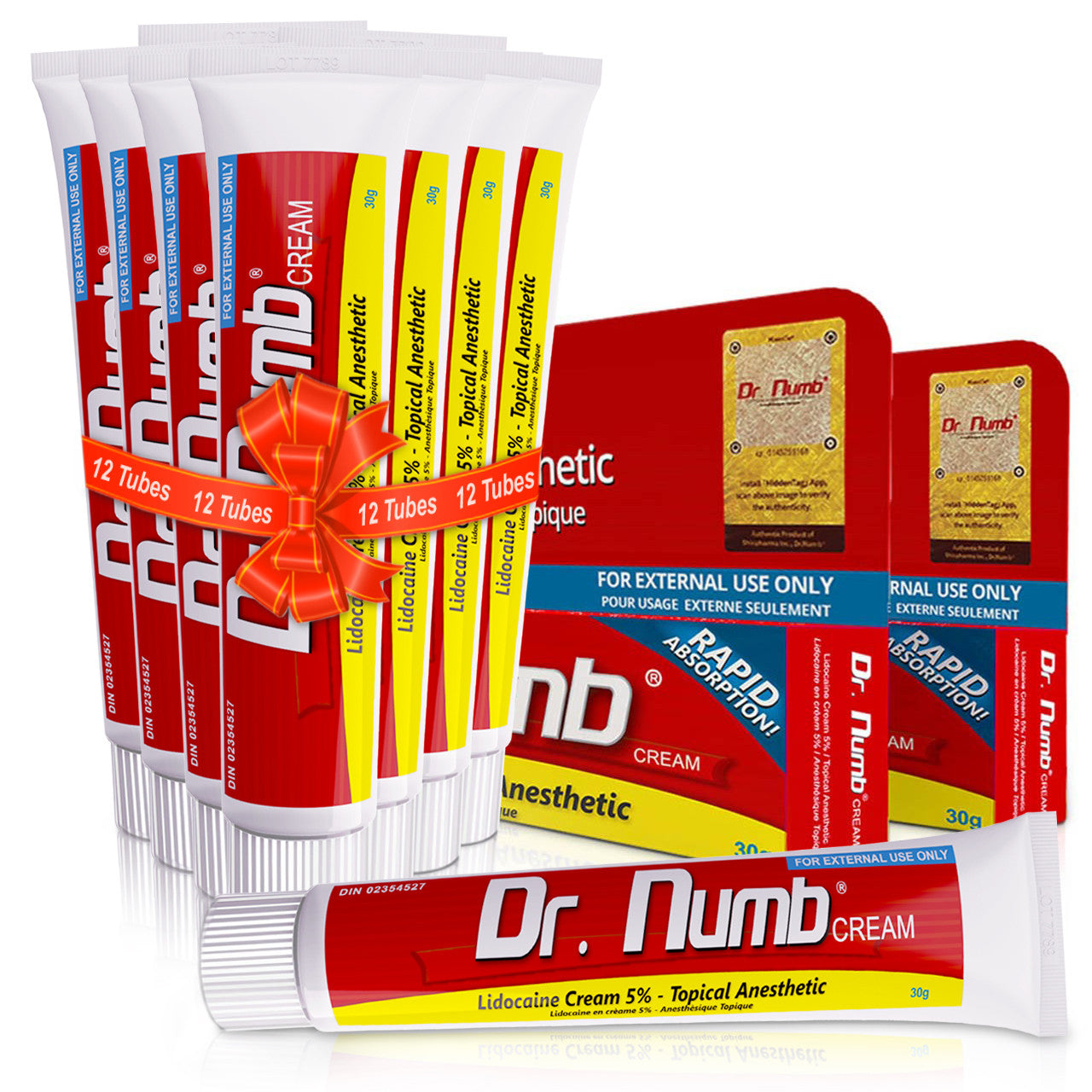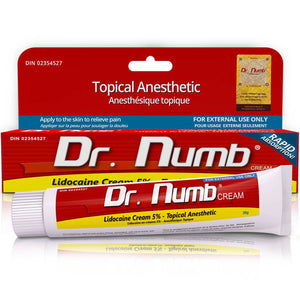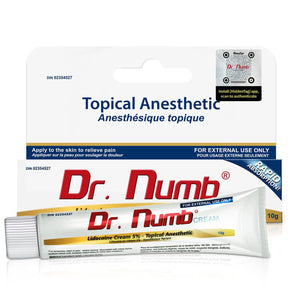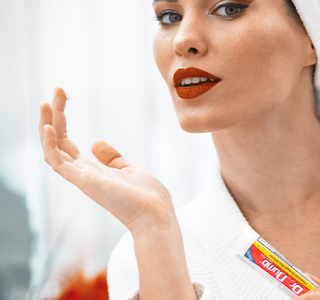When getting your nipples pierced, avoid medications thinning your blood, smoking, immersing in pools or baths, using harsh cleaning fluids, and touching the piercing. These precautions ensure proper healing and minimize potential complications.
Whether you are looking to enhance the look of your nipples or try something new, nipple piercings can be both stylish and exciting. It is essential to remember that getting your nipples pierced requires proper care and caution to ensure a safe and successful healing process.
This blog post will discuss what you should avoid when getting your nipples pierced. From harmful cleaning products to water exposure, let's dive into everything you need to know to keep your piercings safe and healthy.
What to Avoid When Getting Nipples Pierced: 5 Tips
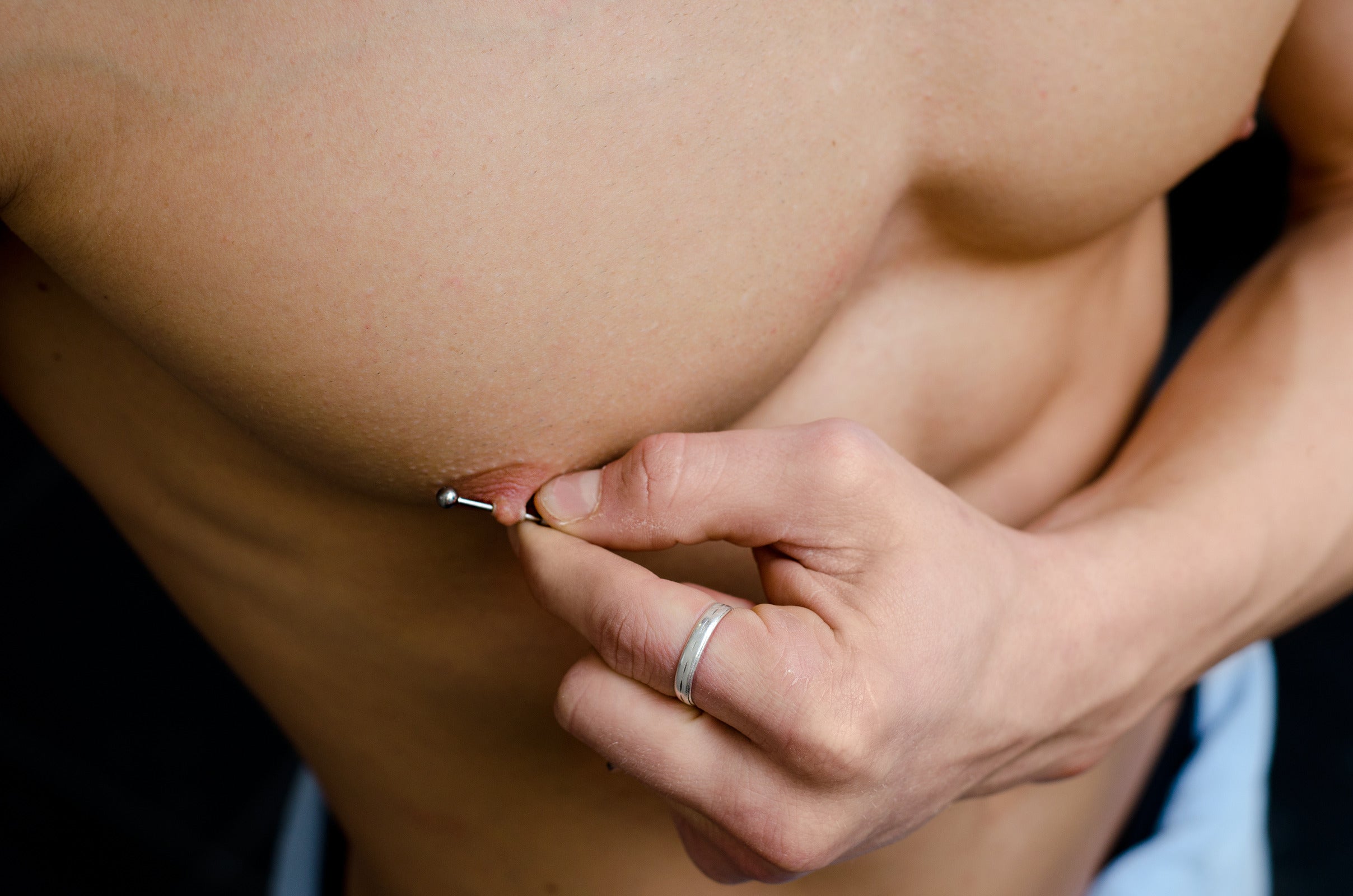
The best way to care for your nipple piercing is to educate yourself on what to avoid before getting it done. Inadequate precautions could delay healing and lead to severe complications. Here are five things to avoid when piercing your nipples:
Avoid Disturbing the Jewelry
When getting your nipples pierced, properly caring for your jewelry is essential to avoid potential complications. Here are some tips on how to avoid disturbing your nipple-piercing jewelry and keep it safe and secure:
Touching the Jewelry
One of the most common mistakes people make after getting their nipples pierced is touching the jewelry frequently. However, it is crucial to avoid doing so as it may disturb the healing process and make it prone to infections. Make sure to wash your hands thoroughly before touching the jewelry.
Avoid Tight Clothing
Wearing tight clothing that rubs against the jewelry may irritate the area, leading to discomfort and pain. It can also cause the jewelry to shift, leading to complications. Stick to loose-fitting clothing that allows the jewelry to move freely, minimizing any risk of irritation.
Be Careful with Physical Activities
Be cautious about engaging in activities that may pressure the nipple area. Sports like wrestling or contact sports should be avoided until the piercing heals completely. Use protective gear over the nipple area if you engage in physical activities.
Avoid Sleeping on Your Stomach
Sleeping on your stomach can pressure your nipple piercings, causing the jewelry to shift or even fall off. It is best to avoid sleeping on your stomach during the healing period or even longer if you feel comfortable doing so.
Be Mindful of Water Activities
While showering is allowed after getting your nipples pierced, you should avoid bathtubs, swimming pools, or other activities that immerse your body in water. These activities increase the risk of introducing bacteria into the piercing, potentially leading to infections.
The Risks of Water Exposure
Water exposure is one of the most common causes of nipple piercing complications. Many people are unaware of the dangers of water exposure and often neglect the aftercare instructions provided by the piercer. Submerging the piercing in water, whether it be a bath, hot tub, or swimming pool, can lead to severe problems such as:
Bacterial Infections
The nipple area is particularly sensitive to bacterial infections due to the moist environment. Submerging the piercing in water increases the chances of bacterial growth and disease, which can cause redness, swelling, and pus formation.
Delayed Healing
Water exposure can also delay the healing process and lead to scarring. Keeping the piercing dry and clean during healing is essential to prevent unsightly scars.
Rejection
Another common risk of water exposure is rejection. The nipple piercing may reject the jewelry due to prolonged exposure to water, leading to discomfort and, ultimately, the removal of the piercing.

Avoid Drying Products
When it comes to caring for your newly pierced nipples, hydration is vital. Drying products can have a harsh and negative impact on the healing process, causing your nipples to become dry, cracked, and uncomfortable. Staying hydrated and avoiding using products that can dry out your skin is essential to ensure the best healing process possible.
Why You Should Avoid Drying Products
Drying products on your nipples after piercing can have several adverse effects. These can include:
Dryness and Cracking: Drying products can strip your skin of essential moisture, causing it to become dry and cracked. This can be highly uncomfortable and can slow down the heapng process.
Increased Risk of Infection: When your skin is dry and cracked, it's more susceptible to infection. The cracks can allow bacteria and other harmful substances to enter your body.
Scarring: If your nipples become too dry during heapng, they may be more pkely to scar. This can be both unsightly and uncomfortable.
Tips for Staying Hydrated
Staying hydrated during the healing process is essential to avoid the adverse effects of drying products. Here are a few tips to help you do just that:
Drink plenty of water: This may seem obvious, but drinking plenty of water during healing is essential. This will help keep your body hydrated and promote healing.
Use a gentle, hydrating moisturizer: Instead of a drying product, opt for a peaceful, hydrating moisturizer that will help keep your skin soft and supple.
Avoid harsh soaps: Harsh soaps remove essential oils, making them more likely to become dry and cracked. Opt for a gentle, fragrance-free soap instead.
Hitting Snags

When it comes to healing a nipple piercing, there are a few things you should avoid doing to ensure a smooth healing process. Follow these tips to protect your healing piercing and avoid any snags:
Avoid Touching Your Piercing
One of the most important things you can do to protect your healing piercing is to avoid touching it as much as possible. Touching the area can irritate and introduce bacteria, leading to infections.
Don't Submerge Your Piercing
While it may be tempting to take a long soak in the bath or go for a swim, it is essential to avoid submerging your piercing in any body of water until it is fully healed. Water, especially in public locations, can contain harmful bacteria that can cause infections.

Avoid Tight Clothing
Wearing tight clothing, especially on the upper body, can irritate your piercing and slow healing. It is essential to wear loose and comfortable clothing that allows your piercing room to breathe.
Say No to Heavy Exercise
While it is essential to stay active and healthy, avoiding heavy exercise or activities that strain your piercing while it is healing is best. This includes activities such as running or weightlifting.
Don't Use Harsh Products
Cleaning your piercing is integral to healing, but using gentle and mild products is essential. Avoid using harsh products such as alcohol or hydrogen peroxide, as they can be too abrasive and delay the healing process.
Aftercare Protocol
It is crucial to pay attention to aftercare protocol. We will discuss what NOT to slack when caring for your nipples after piercing.
Cleaning
Cleaning is crucial in aftercare protocol, especially after getting your nipples pierced. Below are some things to consider:
- Avoid using hydrogen peroxide or alcohol-based products. These can be too harsh and irritate the piercing, leading to the drying and cracking of the area.
- Use a saline solution to clean the area twice a day. The saline solution helps remove any debris, reduces swelling, and promotes healing.
- Before touching the area, wash your hands to avoid introducing bacteria to the piercing.
Clothing
Your clothing choice can affect the healing process and contribute to complications such as irritation and infection. Here are some tips to consider:
- Wear loose-fitting clothing to reduce friction and irritation to the piercing.
- Avoid wearing bras with wires, as these can rub on the piercing area.
- Choose breathable materials such as cotton to keep the area dry and promote healing.
Lifestyle Changes
After getting your nipples pierced, changing some daily activities that can affect the healing process is essential. Here are some things to consider:
- Avoid smoking or engaging in any activity that involves putting your mouth on the piercing area, as this can introduce bacteria to the piercing.
- Avoid swimming or soaking in water for the first few weeks. Baths and saunas can also interfere with the healing process.
- Avoid touching or playing with the piercing to reduce the risk of introducing bacteria and irritating the piercing.
Follow-up Care
Aftercare protocol doesn't stop after the healing process. Regular follow-up care ensures the piercing heals correctly and any complications are addressed. Some things to consider include:
- Seek medical attention if you notice any signs of inflammation, including pain, swelling, discharge, and redness, as these could be signs of an infection.
- Regularly check the piercing to prevent migrating or developing complications like keloids.
- Replace the jewelry as advised by your piercer or doctor.
Nipple Piercing What to Avoid: Additional 7 Don’t
Regarding nipple piercings, taking extra precautions to protect your sensitive areas and promote proper healing is essential. In addition to our previous guidelines, there are additional don'ts you should follow. Here are seven critical things not to do:
Medications and Blood Thinners
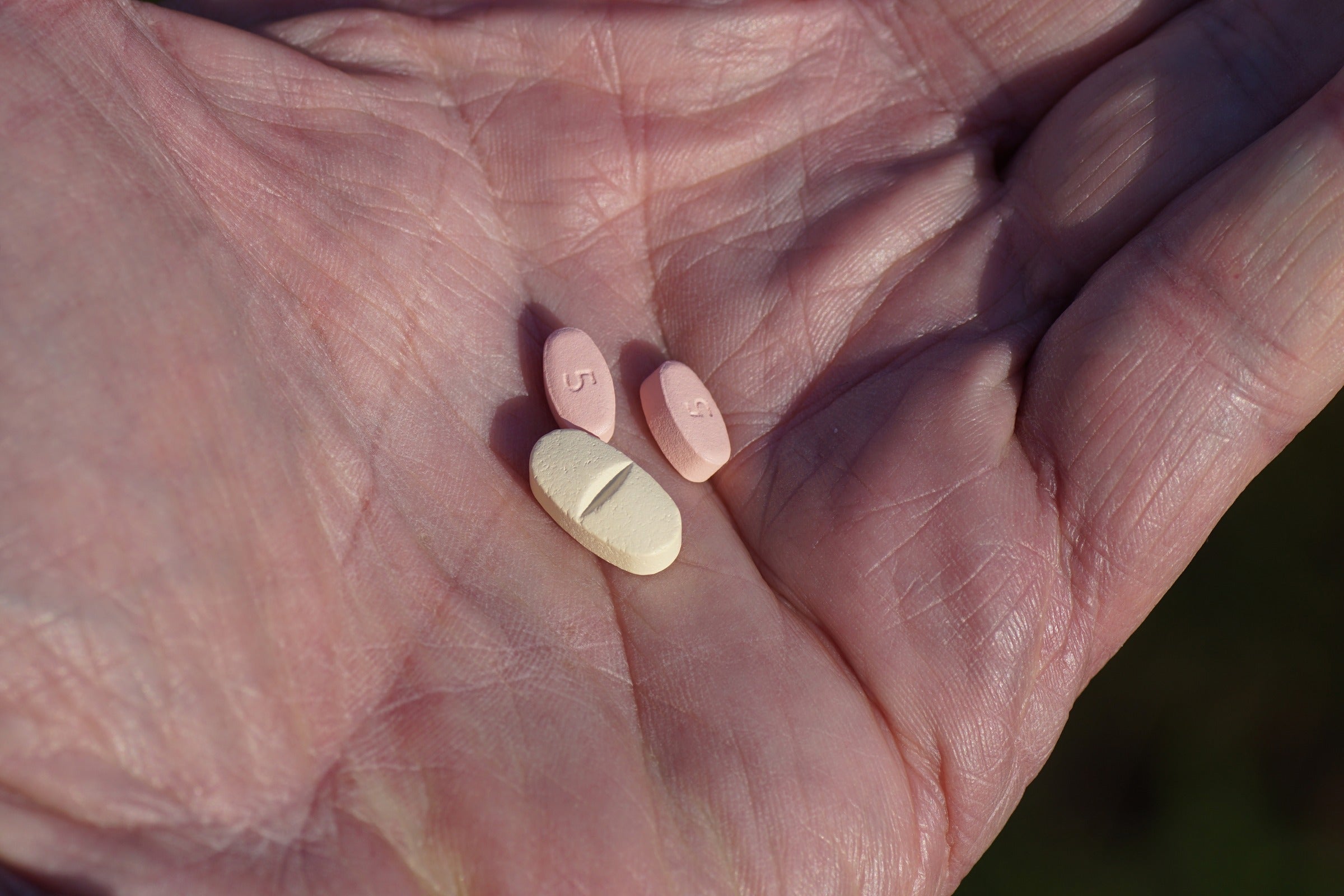
- Certain drugs and blood thinners can increase your risk of bleeding and prolong the healing process.
- Avoid taking aspirin, ibuprofen, or any other blood-thinning medication for at least a week before your piercing.
- Consult with your healthcare provider if you're unsure about any potential risks.
Smoking
- Smoking can restrict blood flow and impede healing, making it more difficult for your piercing to heal fully.
- Avoid smoking or being around secondhand smoke for at least two weeks before and after your nipple piercing.
- Consider quitting smoking altogether to support a healthy healing process.
Immersing Your Piercing
- Immersing your nipple piercing in water can introduce bacteria and irritants and prolong healing time.
- Avoid swimming or bathing for at least 2-3 weeks after piercing.
- Once healed, make sure to thoroughly clean your piercing and apply a waterproof bandage for protection before swimming or immersing in any water.
Bar Soap and Harsh Cleaning Fluids
- Using harsh cleaning fluids, like bar soap, can irritate your piercing and cause unnecessary pain or discomfort.
- Follow your piercer's recommended cleaning regimen and use specially formulated piercing aftercare solutions only.
- Avoid applying too much pressure or using too much friction to clean your piercing.
Touching the Piercing
- Touching your nipple piercing with dirty hands or hands that haven't been washed can introduce harmful bacteria.
- Avoid touching your piercing unnecessarily, and always wash your hands before touching or adjusting your jewelry.
- Consider using a saline solution to help disinfect your piercing and keep it germ-free.

Fidgeting and Moving Jewelry
- Constantly fidgeting or moving your jewelry can cause trauma to your piercing and prolong the healing time.
- Avoid fidgeting, playing with your jewelry, and changing or removing it before your piercing fully recovers.
- Listen to your body and consult your piercer if your jewelry feels uncomfortable or fits incorrectly.
Over-the-counter creams and Ointments
- Over-the-counter creams or ointments can increase your risk of allergic reactions, irritation, or infection.
- Consult with your piercer or healthcare provider before using any aftercare products.
- Always follow the instructions and recommended dosage on any products you use, and discontinue use if you experience any adverse side effects.
The Do's of Caring for Your Nipple Piercings
We'll delve into the do's of caring for nipple piercings, focusing on the practices to embrace for a smooth healing journey. From the significance of regular rinsing to understanding the benefits of sea salt soaks, we've got you covered.
Rinsing Frequently
- Regular Rinsing: Rinse your pierced nipples with warm water at least twice daily to keep the area clean and reduce the risk of infection.
- Mild Soap Usage: Use a mild, fragrance-free soap to clean the area during your regular rinsing routine gently.
Sea Salt Soaks
- Preparation of Solution: Prepare a warm saline solution using sea salt and warm water. Soak your nipples in this solution to aid healing and reduce inflammation.
- Healing Promotion: Sea salt soaks help clean the piercing and promote a healthy healing process.
Loose Clothing
- Wear Loose Fabrics: Opt for loose clothing to minimize friction and irritation on the piercing site. This promotes comfort and aids in the healing process.
- Breathability: Loose clothing allows proper airflow, preventing excessive moisture around the piercing and reducing the risk of infection.
Padded Bras and Nighttime Clothing
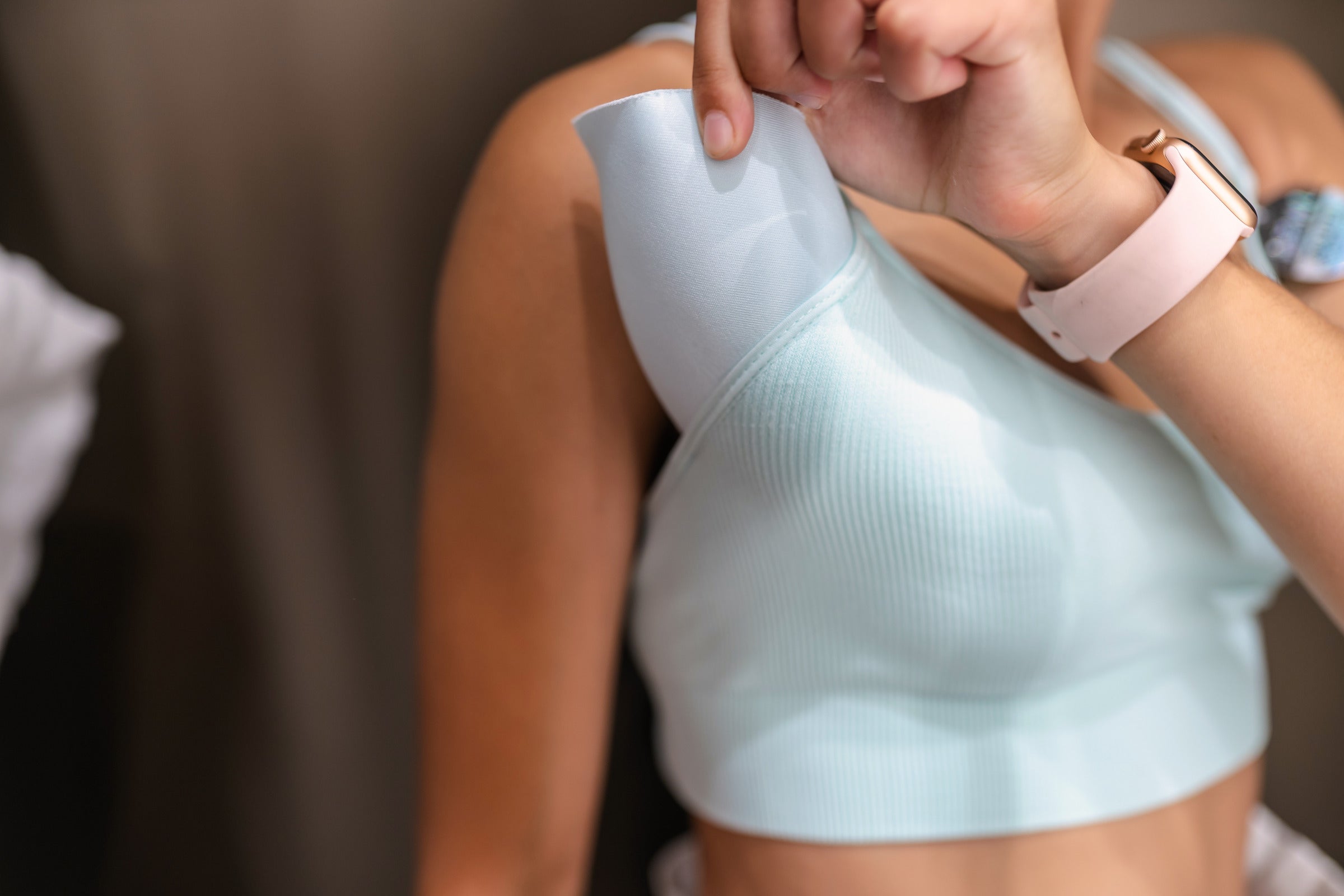
- Padded Bras: Wear padded bras to support and protect your nipples, especially during physical activities.
- Nighttime Protection: Wear loose, comfortable clothing, particularly padded bras or tops, during sleep to avoid accidental snags or irritation.
Sanitizing Hands
- Hand Hygiene: Before touching your pierced nipples or handling the jewelry, ensure your hands are clean and sanitized to prevent infections.
- Use of Sanitizers: Carry a small bottle of hand sanitizer for on-the-go cleanliness and maintenance of your piercings.
Consistent Cleaning: Essential Aftercare
- Follow Aftercare Instructions: Adhere to the aftercare instructions provided by your piercer, ensuring you clean the pierced area regularly and as directed.
- Gentle Cleaning Technique: Use a gentle cleaning technique, avoiding excessive pressure or movement that could irritate the piercing.
Knowing When to Seek Medical Attention
- Be Aware of Warning Signs: Stay vigilant for signs of infection, such as persistent redness, swelling, severe pain, or unusual discharge from the piercing.
- Consult a Professional: If you notice any concerning symptoms, consult your piercer or a medical professional promptly for appropriate guidance and treatment.
Avoid Getting Your Nipples Pierced: Health Concerns
Nipple piercings are becoming increasingly popular, but it's important to remember they come with specific health concerns. To prevent complications and ensure a successful healing process, it's essential to understand and avoid potential risks.
Longer Healing Time: Why Patience Is Key
The most important thing to remember when getting nipples pierced is the longer healing time required than other piercings. It's crucial to be patient and take care of your piercing correctly to avoid any potential complications.
Lactation and Breastfeeding: Will It Affect Your Piercings?
If you are pregnant or planning to become pregnant, it's essential to consider how nipple piercings may affect lactation and breastfeeding. Piercings can interfere with proper milk flow and may increase the risk of infection. It's important to discuss any concerns with your doctor or lactation consultant.

Abscesses: Reducing the Risk of Infection
One potential complication of nipple piercings is painful abscesses, which can lead to scarring or tissue damage. It's essential to reduce the risk of infection by following proper aftercare instructions, avoiding touching your piercing with dirty hands, and not applying any creams or ointments that your piercer hasn't recommended.
Infection: Spotting Symptoms and Seeking Treatment
Infections can occur with any piercing, but it's especially important to be aware of the symptoms and seek treatment promptly for nipple piercings. Signs of infection include redness, swelling, tenderness, discharge, and fever. If you suspect a disease, seeking medical attention immediately is essential to avoid further complications.
Torn Skin: How to Avoid this Painful Complication
Torn skin is a painful and potentially dangerous complication that can occur with nipple piercings. This can happen if the piercing is caught or pulled too hard, especially during healing. Avoid contact sports and rough play that may strain the piercing, and wear loose clothing.
Conclusion
Nipple piercings are a form of self-expression that requires attention, care, and patience. Proper preparation and aftercare are essential to avoid complications and ensure healing. Several things should be avoided when getting your nipples pierced while adhering to others is crucial for optimal healing conditions.
By taking the necessary precautions, focusing on self-care, and seeking medical attention, you'll get the beautiful and safe nipple piercing you desire.

